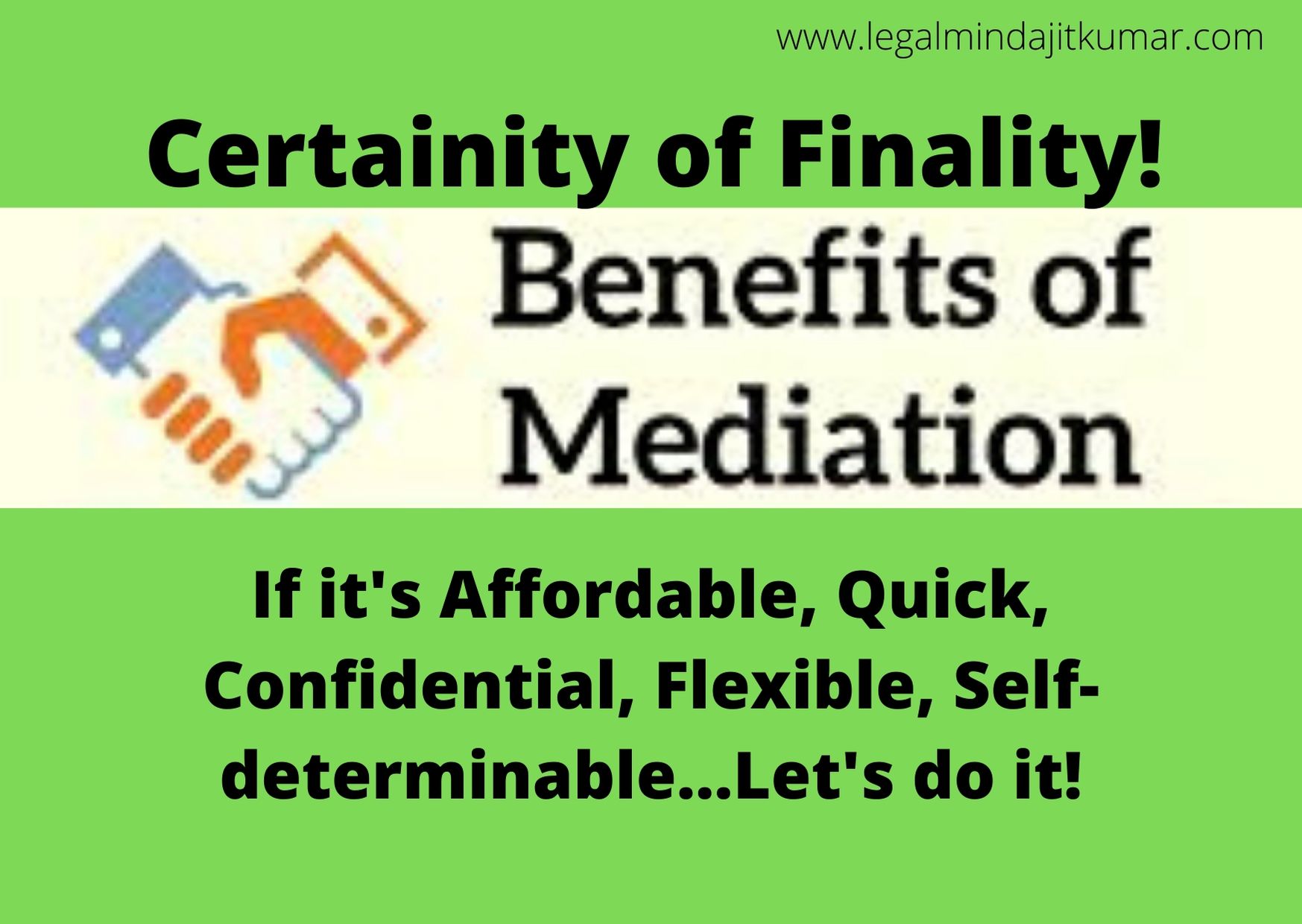The Benefits of Mediation
Mediation is a powerful method of conflict resolution that offers numerous benefits to individuals and organizations alike. In this article, we will explore the advantages of mediation and how it can positively impact various aspects of life.
Enhancing Communication and Understanding
One of the key benefits of mediation is its ability to enhance communication and understanding between parties involved in a dispute. Unlike traditional adversarial approaches, mediation provides a safe and neutral environment where individuals can express their concerns, listen to each other, and work towards finding mutually agreeable solutions.
Cost and Time Efficiency
Mediation is often more cost-effective and time-efficient compared to litigation or other formal dispute resolution methods. By engaging in mediation, parties can avoid lengthy court procedures and associated expenses. Mediation sessions can be scheduled promptly, allowing for quicker resolution of conflicts.
Preserving Relationships
Unlike litigation, which can strain relationships and create animosity between parties, mediation focuses on preserving and improving relationships. The collaborative nature of mediation encourages open dialogue and cooperation, enabling parties to find mutually satisfactory resolutions. This can be particularly beneficial in family disputes, business partnerships, or workplace conflicts where maintaining relationships is crucial.
Empowering Parties
Mediation empowers parties involved in a conflict by giving them control over the outcome. Unlike a court decision, where a judge imposes a resolution, mediation allows individuals to actively participate in the decision-making process. This sense of empowerment can lead to higher satisfaction with the outcome and a greater willingness to comply with the agreed-upon terms.
Confidentiality and Privacy
Confidentiality is a fundamental aspect of mediation. All discussions and information shared during mediation sessions are strictly confidential, creating a safe space for parties to openly express their thoughts and concerns. This confidentiality fosters trust and encourages honest communication, which is essential for resolving conflicts effectively.
Flexibility and Customization
Mediation offers a flexible and customizable approach to conflict resolution. Unlike court judgments that often provide a one-size-fits-all solution, mediation allows parties to tailor agreements to their specific needs and circumstances. This flexibility ensures that the resolution is fair and satisfactory for all involved.

benefit of mediation
Mediation is a valuable tool for resolving conflicts and offers numerous benefits over traditional adversarial approaches. By enhancing communication, saving time and money, preserving relationships, empowering parties, ensuring confidentiality, and providing flexibility, mediation proves to be an effective and efficient method of dispute resolution. Consider utilizing mediation to achieve mutually agreeable solutions and foster positive outcomes in your personal and professional life.
Frequently Asked Questions
1. What is mediation?
Mediation is a voluntary and confidential process where a neutral third party helps parties in a dispute to reach a mutually acceptable resolution.
2. What are the benefits of mediation?
Mediation offers several benefits, including:
Cost-effectiveness
Time efficiency
Flexibility
Preservation of relationships
Control over the outcome
3. How does mediation save costs?
Mediation generally costs less than going to court as it eliminates the need for lengthy legal proceedings, reduces attorney fees, and minimizes other related expenses.
4. Can mediation help resolve disputes quickly?
Yes, mediation is often faster than traditional litigation. It allows parties to schedule sessions at their convenience, reducing the time spent waiting for court dates and hearings.
5. What types of conflicts can be mediated?
Mediation can be used to resolve various types of conflicts, including family disputes, workplace conflicts, business disagreements, landlord-tenant issues, and more.
6. How does mediation promote flexibility?
Unlike a court process, mediation allows parties to customize their solutions, considering their unique needs and interests. This flexibility increases the chances of reaching a mutually agreeable outcome.
7. Does mediation help preserve relationships?
Yes, mediation focuses on open communication and understanding between parties. By working together to find a resolution, mediation helps maintain or even strengthen relationships, especially important in family or business settings.
8. Can I have control over the outcome of mediation?
Absolutely. Mediation empowers parties to actively participate in the decision-making process, giving them control over the outcome rather than having a judge impose a decision.
9. Is mediation legally binding?
The agreements reached in mediation can be legally binding if the parties choose to make them so. However, it is important to consult with an attorney to ensure the necessary legal formalities are met.
10. Are mediation sessions confidential?
Yes, mediation sessions are confidential. This means that discussions, proposals, and any information shared during the process cannot be used against any party in court if the mediation is unsuccessful.




